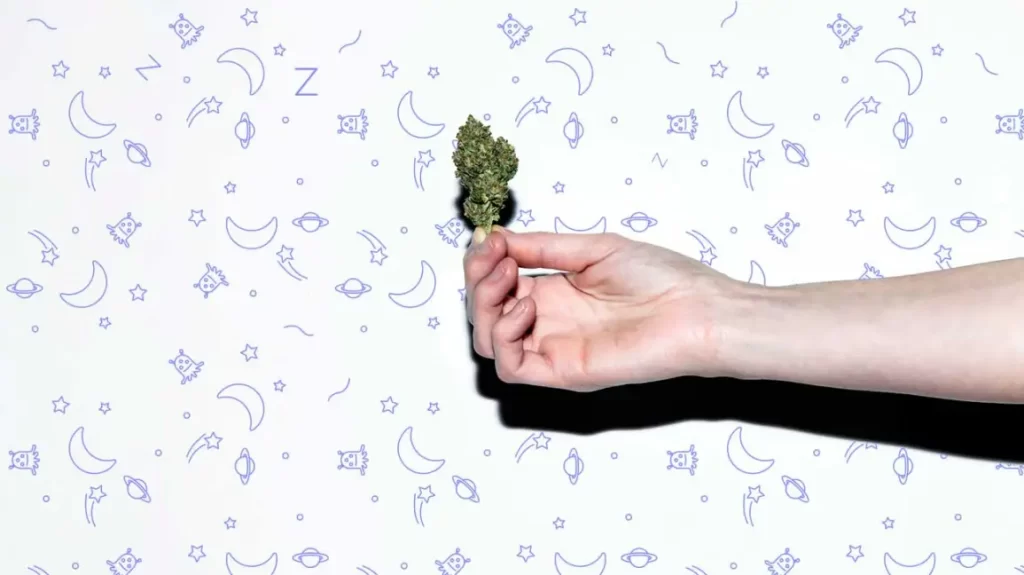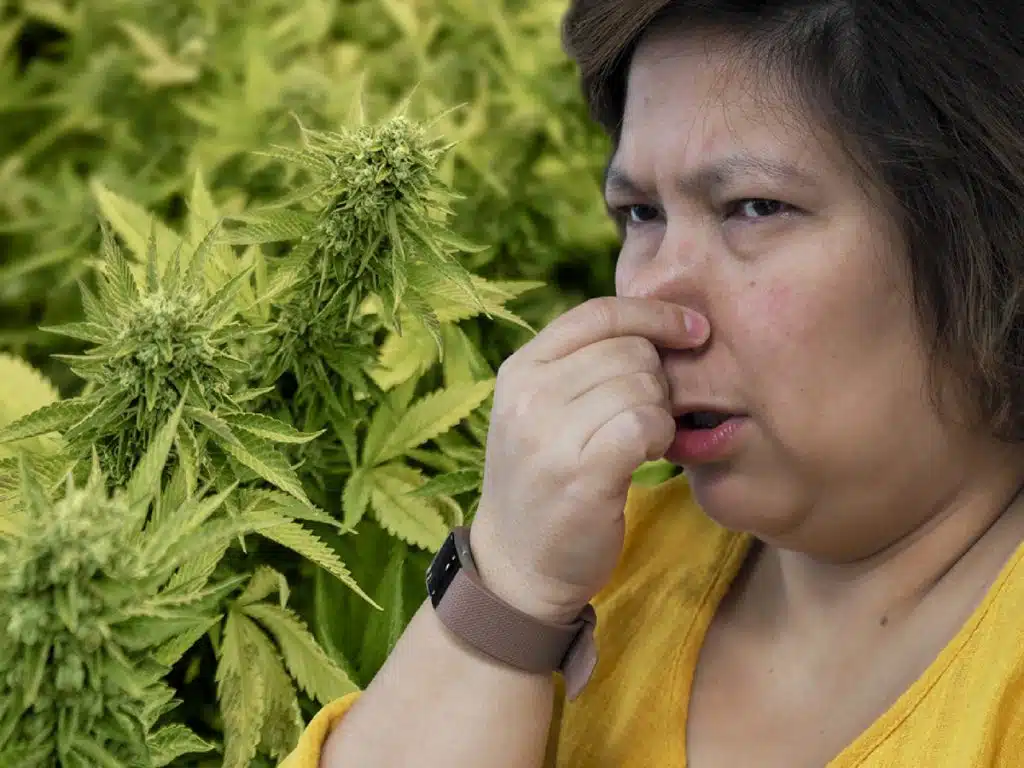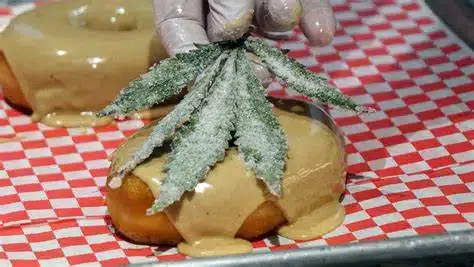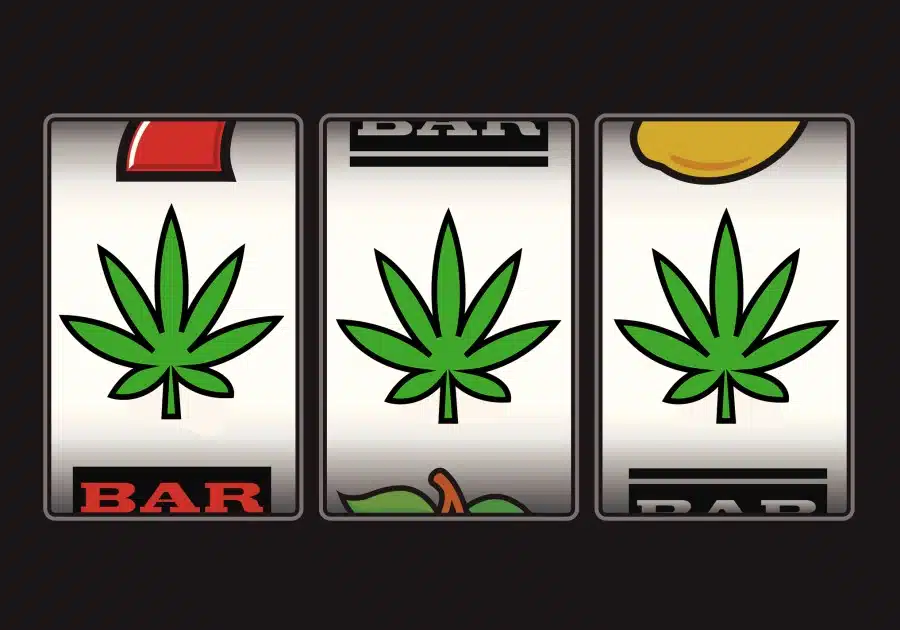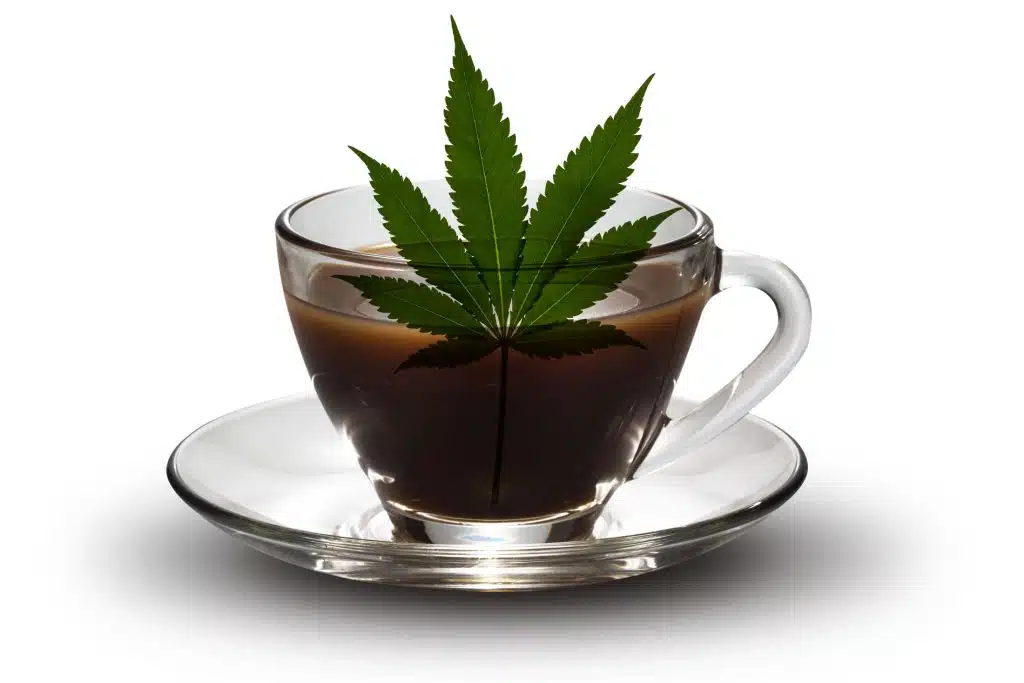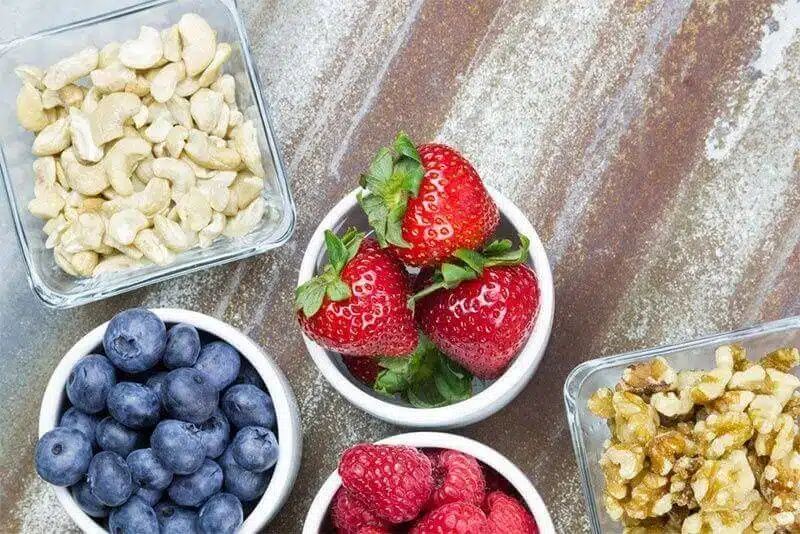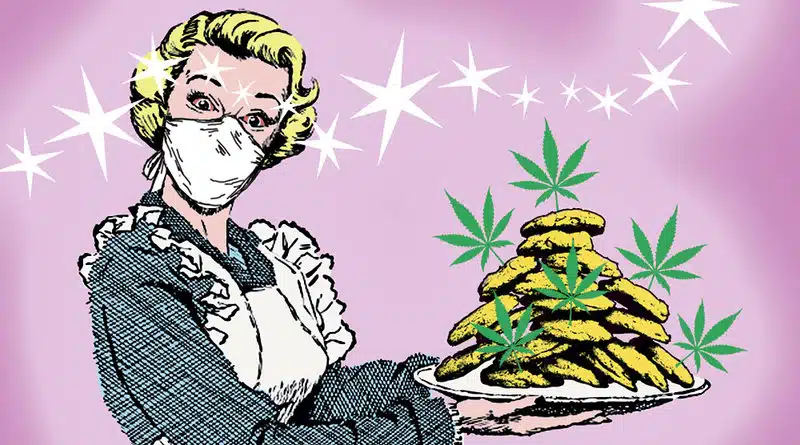How The Weed Industry Names Its Weed
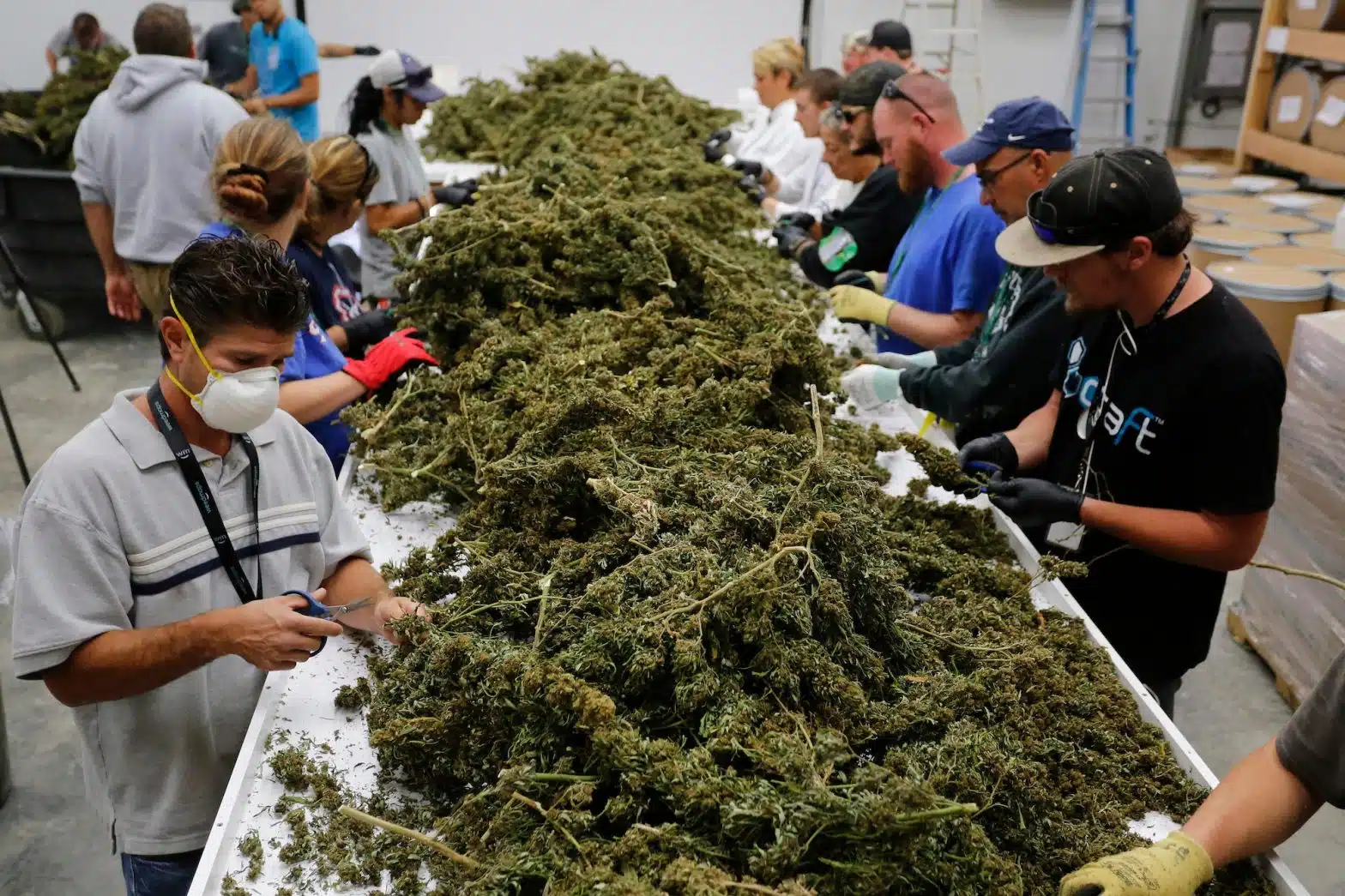
How The Weed Industry Names Its Weed
Cannabis strains are named for different reasons, like how the plant and its flowers look, its taste and smell, or its history or origin. Some strains are named by corporations.
While it may be tempting to imagine a group of people in a boardroom trying to come up with clever names for cannabis products, the reality is often much more simple. In many cases, the naming process is quiet and relatively straightforward.
Some growers have created their own strains of cannabis and have complete freedom when it comes to naming them. Others are renaming existing strains, adding new names on top of existing ones, which can often be confusing for budtenders and consumers alike.
Many people are choosing to leave the strain’s existing reputation untouched by not changing the labels.
It’s gotten out of hand, says Mathew Stockton, head of marketing and brand at Qwest, a luxury cannabis brand cultivated by We Grow in Creston, BC. Some companies have the exact same strain in their portfolios under different brands, with different names. That just causes confusion and I’ve seen budtenders first-hand call bullshit on it.
After speaking with several Canadian LPs, we have a better understanding of how and why they chose their strain names. This helps us to create more elegant and persuasive strains for our customers.
When you have a proprietary strain, you can do what you want
At Tantalus Labs, we are constantly striving to provide our customers with the best possible experience. Our two proprietary strains, Serratus and Sky Pilot, are the culmination of our efforts to date. We believe that our strains are the best on the market, and we stand behind our products 100%.
This hybrid strain, a cross between Blue Dream and Snow Lotus, is named for the snow-covered Sky Pilot peak in Squamish, BC. It is a sweet and pungent strain with a unique aroma.
This potent strain features large, frosty buds with a blueberry aroma. According to Dan Sutton, CEO of Tantalus Labs, it’s a great alternative to the classic Blue Dream strain.
Is it not fitting that such a beautiful creature should have a home that is just as beautiful?
Tantalus is proud to be based in British Columbia, but also keen to honour the history of cannabis. Our company is committed to providing the highest quality products and services to our customers. We believe in working together to create a bright future for cannabis.
At our company, we strive to create products that reflect the best of what is already out there. We want our customers to be able to easily identify the strains they know and love. However, when our breeding and selection process results in something truly unique, we create a new name that reflects the plant’s one-of-a-kind characteristics.
Renaming strains is done strategically and only when it makes sense
Aphria’s adult-use brands are Solei, Riff, Good Supply, and Broken Coast. Each brand has its own naming system.
Aphria’s Chief Marketing Officer Megan McCrae has stated that the company has kept the original names of its strains on the Good Supply brand in order to maintain customer familiarity.
Solei gives customers the ability to choose how they want to feel, and provides strains that can create those desired effects. This allows for a more tailored and personal experience that other brands may not offer.
“The strains have been named Renew, Unplug, Balance, Free, Gather and Sense, each reflecting the type of moment our consumers want,” says McCrae. “Renew is a high THC indica, perfect for a good night’s sleep. Conversely, Gather is a higher THC sativa, perfect for an uplifting experience or a social gathering.”
There is a certain power in keeping original names.
Qwest discovered that the saying “if it ain’t broke, don’t fix it” is especially true in the cannabis industry.
“When we first launched, we renamed the strain and immediately regretted it,” says Stockton. “So we changed them back.”
He cites Super Lemon Haze as a prime example of an effective, potent strain of cannabis.
This strain has a wonderfully zesty lemon aroma, and we thought it would be smart to incorporate the Qwest name into the strain’s name to highlight one of its key attributes.
Zest Qwest may not be a bad name, but the budtenders selling it didn’t feel strongly about it.
“They were right,” Stockton said. “They knew our real way of making cannabis and called us out on naming conventions. We listened.”
Qwest has teamed up with Capulator, the world-famous cannabis breeder, to bring the MAC 1 strain to Canada. This strain will retain its original name, ensuring that Canadian cannabis consumers can enjoy the same high-quality product that has made Capulator so famous.
MAC 1 is a well-known and respected brand. We wouldn’t change its name, because it has a unique and prestigious appeal.
Sometimes government guidelines get in the way
Although original strain names are preferred, they may not always comply with Canadian regulations and guidelines.
Original or ‘street’ names also perform better on the market
According to Stockton, products with more elegant or persuasive names tend to do better on the market. For example, the name “Ice Cream Cake” was shortened to “Ice C.C.” to make it more appealing to children.
At United Greeneries, we use original strain names for our Harvest One products to avoid confusion between the public and the producers.
Stephen Parker, Director of Cannabis Marketing and Retail Sales, United Greeneries/United One, said: “So often consumers adapt to new legal markets that there is no need to confuse them with strain names they are completely unfamiliar with.”
Conclusion
If you are interested in cannabis and THC products, check out Ganja West online dispensary at ganjawest.co!
